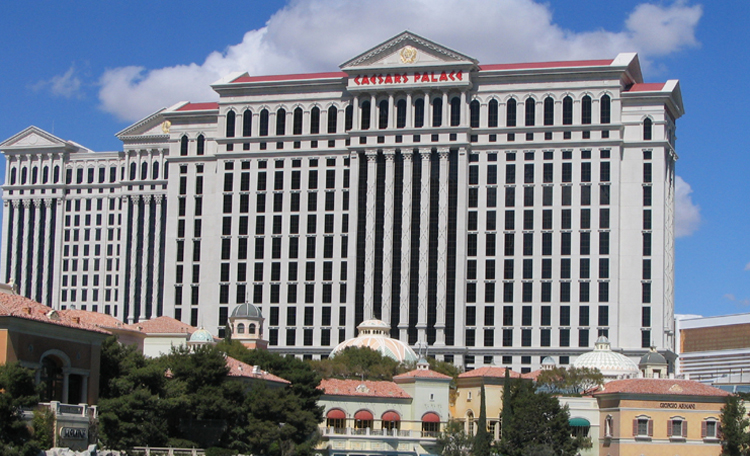A hold on $468 million hinges on the outcome of a court date on Monday when Caesars Entertainment Corporation’s casino business creditors ask a judge to consider a January 12th bankruptcy date valid rather than the January 15th date it acknowledges.
The issue is stemming from the way in which Caesars found itself in bankruptcy court in the first place. Unsecured creditors hope to present a convincing argument to U.S. Bankruptcy Judge Benjamin Goldgar in Chicago that successfully challenges an October deal that granted Caesars senior creditors a lien on the cash based on the January 12th date. That was the day when an involuntary bankruptcy petition was filed against the company by Appaloosa and two other hedge funds. Then on January 15th in Chicago, the operating unit of Caesars filed its own Chapter 11 and the case was transferred to Goldgar by the judge in Delaware.
Certain transactions that predate the bankruptcy filing by 90 days can be contested by creditors, according to the law. If the judge confirms that the bankruptcy process started on the earlier date, it makes challenging the October deal much more difficult. In order to win the case in the Chicago court, unsecured creditors must be able to convince Goldgar the involuntary petition against Caesars operating unit was justified. According to a Reuters Report, Bruce Markell who is a retired U.S. Bankruptcy Court judge who now teaches law at Northwestern University, “It is the burden of the petitioning creditors to show that the alleged debtor was not paying its debts as they become due,” and that “There’s no crisp line on what percentage of unpaid debts would be considered insolvent.”
Just one of the many disputes in Caesars $18 billion bankruptcy case, a larger ruling may be a decision by an Illinois judge whether lawsuits against the parent company in New York and Delaware filed by creditors should be stayed. Such a decision would effectively overturn the July decision by Goldgar to let the litigation proceed. TPG Capital Management and Apollo Global Management, private equity owners of the casino operators, are accused of the transfer of the best properties before creditors could include them in the bankruptcy filing.



